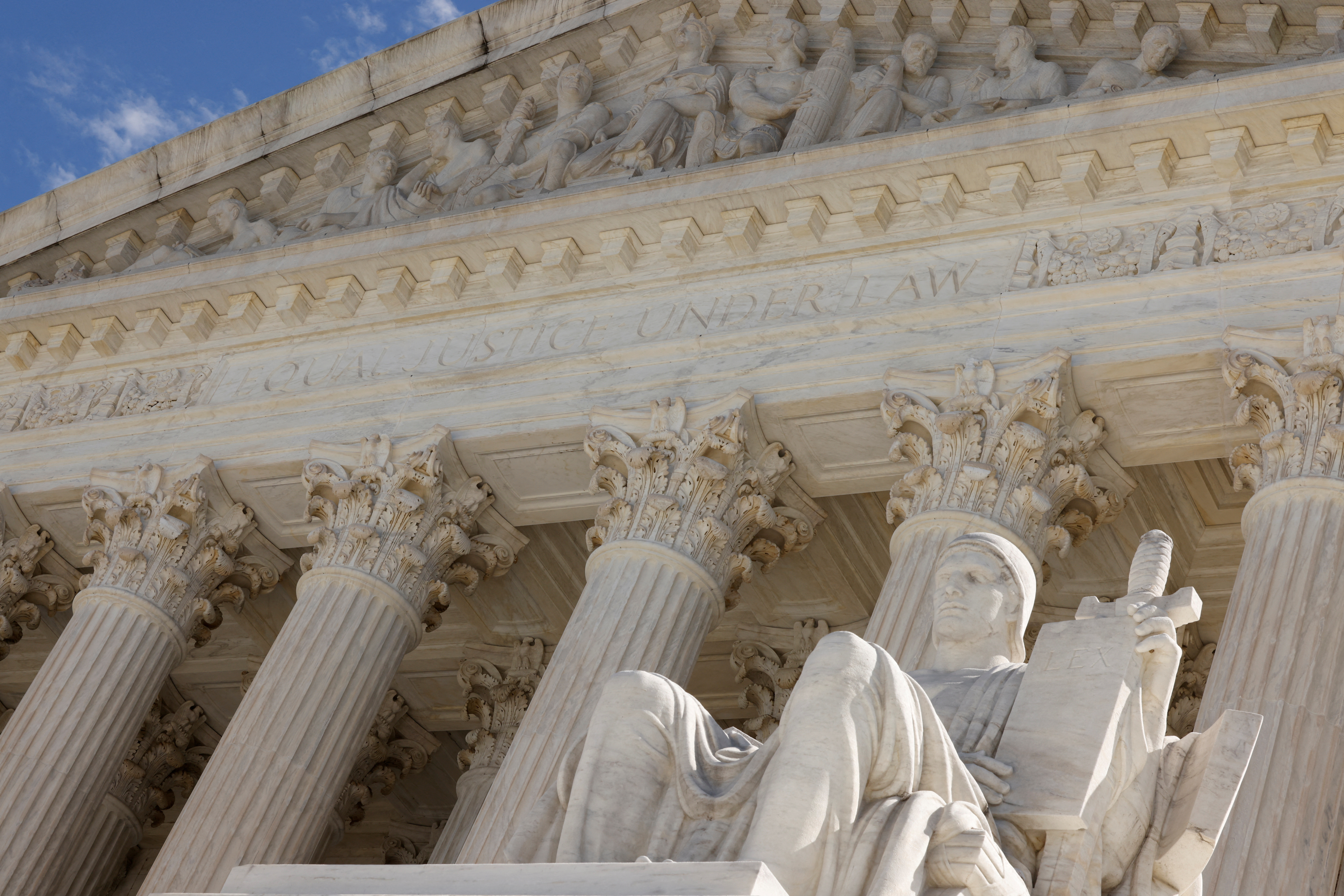High Court to Scrutinize State Laws Limiting Social Media Firms

The Supreme Court of the United States is set to evaluate the constitutionality of recent state laws enacted by the Republican-led states of Texas and Florida, which seek to limit the abilities of social media platforms to regulate content they consider inappropriate. The higher court has consented to hear two cases addressing the matter over concerns of infringement on First Amendment rights to free speech.
Disagreement In Lower Courts
Lower courts have been inconsistent in their judgments concerning these regulations. The ones in Florida were deemed unconstitutional, while an opposite verdict was reached regarding the laws in Texas. The legal suits challenging these measures have been initiated by the leading industry entities, including NetChoice and the Computer & Communications Industry Association (CCIA). Members of these powerful groups include social media and tech giants like Meta Platforms Inc, earlier Facebook, Alphabet Inc's Google, and others such as X, formerly Twitter, and TikTok.
Opinions from Industry Leaders
The CCIA President, Matt Schruers, welcomed the Supreme Court's decision to scrutinize the issue. According to him, it is essential that the top U.S. court determines whether governmental authorities are justified in their efforts to enforce the hosting of potentially harmful content by private websites.
Supporters of these controversial laws contend that social media companies enact improper censorship, particularly against conservative ideologies. Conversely, proponents of content oversight argue for the necessity to limit disinformation and the propagation of radical viewpoints.
White House Chimes In
The Biden administration, expressing its viewpoint to the justices, stressed that such cases merited consideration as the contentious state laws imposed constraints on the rights of the involved companies. They asserted that when a social media platform selects, modifies, and organizes third-party content for public viewing, it is implementing an activity protected by the First Amendment.
The Stakes for 'Big Tech'
The legal action tests the assertion made by the industry groups that the First Amendment shelters the editorial freedom of Social Media platforms and bars governments from coercing companies to publish objectionable content involuntarily. They argued that such discretion is essential to prevent their platforms from being congested with spam, cyberbullying, extremism, and hate speech.
Conservative critics of Big Tech companies have given the example of former President Donald Trump's account suspension following the attack on the Capitol on January 6, 2021, alleging it as proof of censorship.
The Debated Laws in Detail
Texas' laws prohibit social media companies, boasting a minimum of 50 million monthly users, from censoring users based on their "viewpoints." It empowers either users or the Texas attorney general to take legal action to enforce it. Contrastingly, Florida's regulations mandate these platforms to host certain speech they might otherwise refrain from, barring the censorship or banning of a political candidate or a journalistic entity.
Official Statements
Officials from both Texas and Florida have not responded hastily to these issues. Moreover, Florida is currently attempting to reestablish its regulations following the Atlanta-based 11th U.S. Circuit Court of Appeals ruling largely against it. At the same time, the industry groups' appeal against the New Orleans-based 5th U.S. Circuit Court of Appeals upholding the Texas law is progressing, which the Supreme Court had previously blocked.
Looking Ahead
The Florida and Texas cases are scheduled for the court's new nine-month term starting Monday. The outcome of these cases could significantly impact the future operations of social media companies in the United States.
Comments
Post a Comment